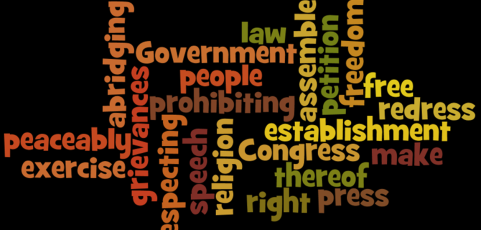Prior review
The Journalism Education Association, as the nation’s largest association of scholastic journalism educators and secondary school media advisers, denounces the practice of administrative prior review as serving no legitimate educational purpose. Prior review leads only to censorship by school officials or to self-censorship by students with no improvement in journalistic quality or learning.
Better strategies exist that enhance student learning while protecting school safety and reducing school liability.
School administrators provide leadership for just about every dimension of schools. They set the tone and are crucial in a meaningful educational process. Undeniably, administrators want their schools’ graduates to be well-educated and effective citizens. Often, school or district missions statements state this goal explicitly. JEA supports them in that effort.
So, when the Journalism Education Association challenges the judgment of administrators who prior review student media, it does so believing better strategies more closely align with enhanced civic engagement, critical thinking and decision-making.
Prior review by administrators undermines critical thinking, encourages students to dismiss the role of a free press in society and provides no greater likelihood of increased quality of student media. Prior review inevitably leads to censorship. Prior review inherently creates serious conflicts of interest and compromises administrator neutrality, putting the school in potential legal jeopardy.




